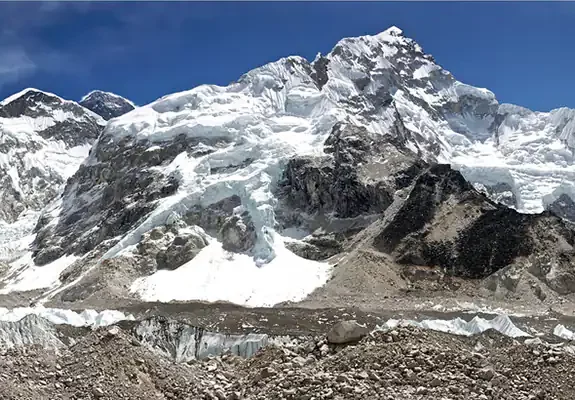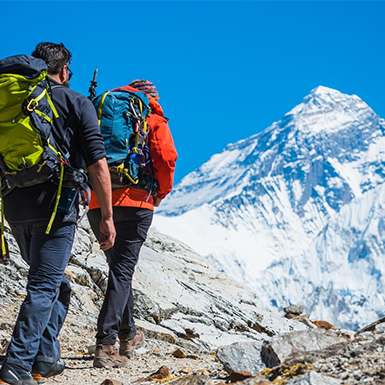“The United Kingdom is an old friend of Nepal and a perfect destination for British trekkers and mountaineers. We share the people of Nepal’s commitment to finding a peaceful and early solution to the political situation so that the country can finally move on from its legacy of conflict towards a time of peace and prosperity for everyone,” opined the Minister of State for International Development of the United Kingdom Alan Duncan during his visit to Nepal in June 2012.
Ever since the abolition of Nepal’s 240 – years old monarchy and the establishment of the Federal Republic of Nepal in December 2007, the United Kingdom has encouraged Nepal to move toward political stability and socio-economic transformation. Thousands of Britons visit Nepal each year, especially for trekking and mountaineering, and for most of them, Nepal is an attractive destination in South Asia.
The history of friendship and cooperation between Nepal and the United Kingdom spans two centuries, dating back to Britain’s colonial rule in India. The Anglo- Nepal war between the army of Nepal and the then British East India Company ended with the signing of the Treaty of Sugauli in 1816. Nepal established diplomatic relations with Great Britain in 1816, which paved the way for the British diplomatic mission in Kathmandu.
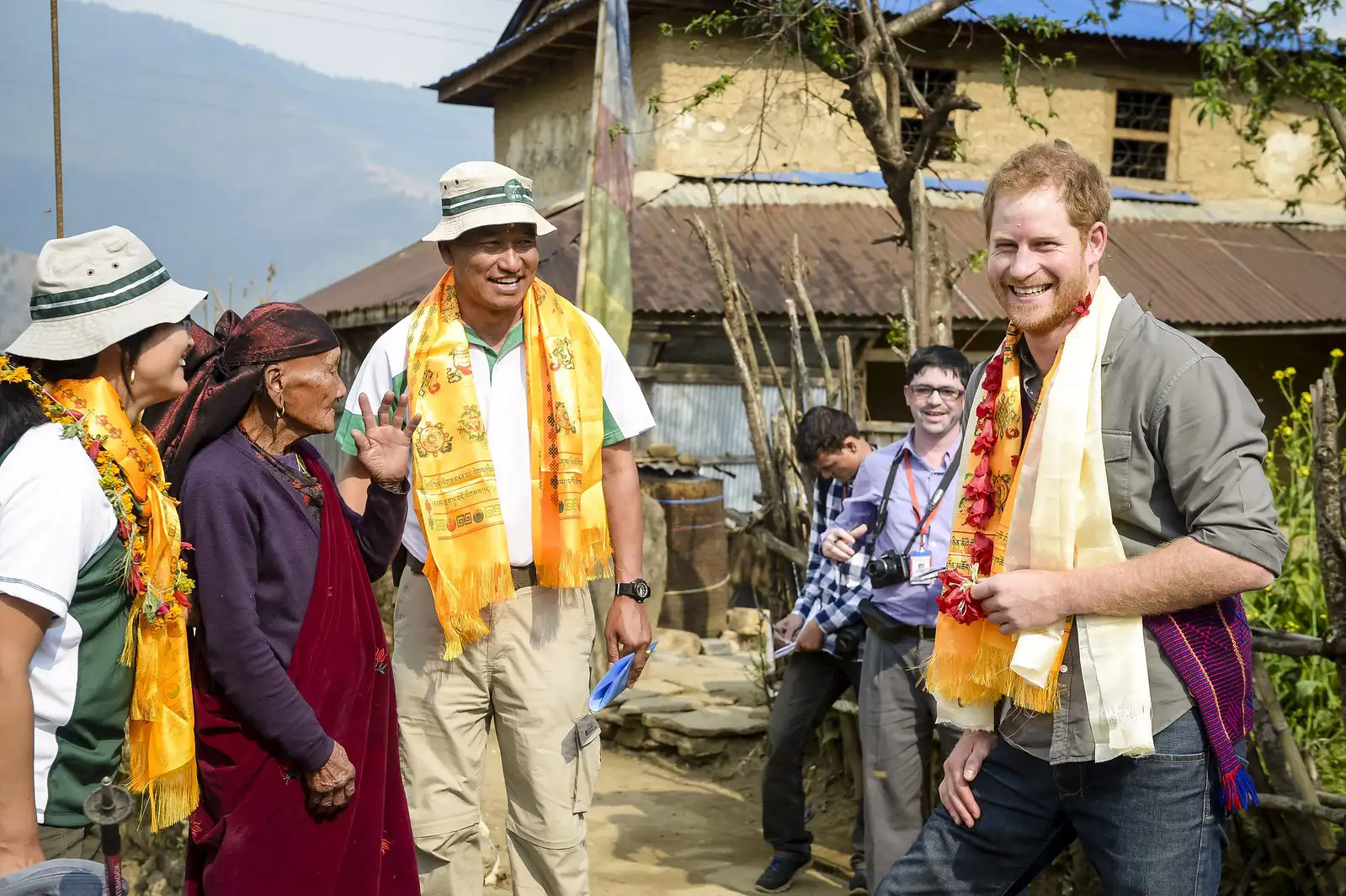
A new Treaty of Friendship between Nepal and the UK was signed in 1923 when the status of British Representative in Kathmandu was upgraded to the status of an ambassador. The visit of the then Prime Minister Jung Bahadur Rana to the UK in 1852 and the signing of a new Treaty of Friendship by Rana Prime Minister Chandra Shumsher JBR in 1923 were to get support and legitimacy for the Rana autocracy serving the interests of the British Government in India.
Nepal and Britain enjoyed cordial relations even during the rule of the Rana and the Shah monarchial dynasties. The relationship is based on friendship, mutual respect, and cooperation between the two countries.
The world-renowned Gurkha warriors- British Gurkhas, have significantly contributed to deepening the friendship and cooperation between the two countries. The UK started recruiting Nepali citizens into the British Army after the Treaty of Sugauli. Nepal lost nearly a third of its previously claimed territory during the Anglo- Nepal war of 1814-1816.
British Gurkha soldiers are an integral part of the British armed forces. Great Britain recruited thousands of Gurkhas after fighting the East India Company in the Anglo-Nepal War. Over 160,000 Gurkhas were mobilized during World War I and II, and nearly 45,000 Gurkhas lost their lives fighting for the Allied Forces during the two world wars. In recognition of their bravery during the wars, 13 British Gurkha service members from Nepal have been awarded Victoria Crosses ( VC), the highest British gallantry honor.
The number of Gurkhas in the British Army has been reduced to 3500 since the handover of sovereignty of Hong Kong to China on July 1, 1997. The British GovernmentGovernment has announced that the Brigade of Gurkhas will number 2600 soldiers and officers, serving in two Infantry Battalions, an engineer, a Signals, and a Logistic Regiment by 2020. The British Government and people highly regard the Gurkhas, though the Gurkhas have to struggle for better pay, pension, and other facilities even today.
Thousands of Gurkhas scattered across the hills and plains of Nepal highly evaluate the contribution of Miss Joanna Lumley and other personalities of the Gurkha Welfare Trust for their cooperation in solving the problems of the Gurkhas in Britain.
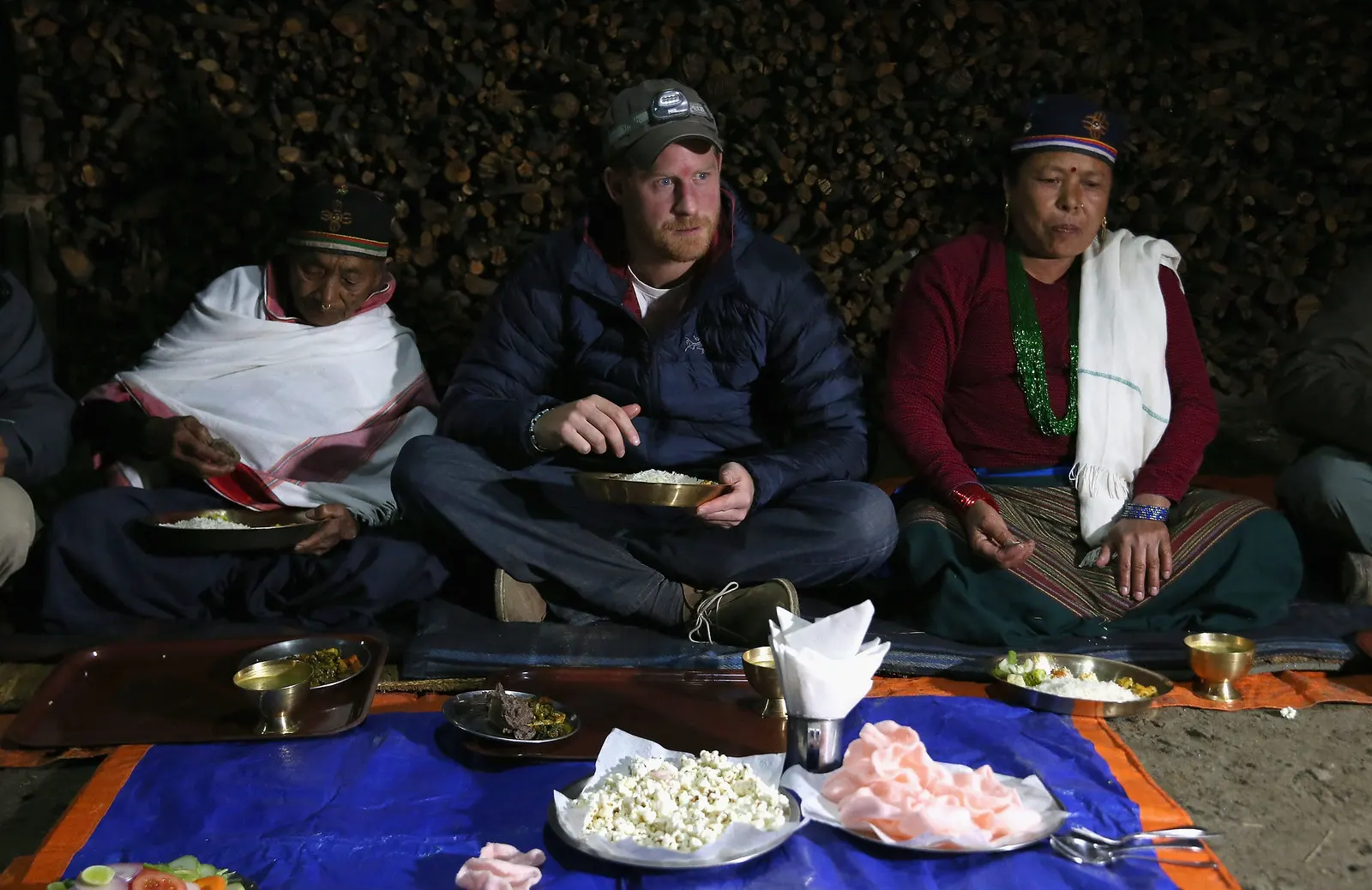
Likewise, exchanges of visits at governmental and non-governmental levels have contributed to strengthening Nepal- Britain relations. The visits of Queen Elizabeth II, accompanied by Duke of Edinburgh HRH Prince Philip, in February 1961 1st 1986, Princess of Wales Diana’s visit in March 1993, Prince Charles’s visit in February 1998, visit of the ministers and high ranking officials of the British Government and the visits of Nepali political figures and dignitaries have played a significant role in consolidating bilateral relations. Thousands of British tourists visit Nepal annually to explore its natural beauty and cultural heritage. They have also contributed to furthering people-to-people relations between Nepal and Britain.
For decades, the United Kingdom has prioritized the socio-economic development of one of the poorest and least developed countries. The top UK priorities in terms of Nepal are -supporting the peace process, strengthening governance and improving security and access to justice, helping poor and excluded people benefit from growth, helping deliver better health and education, helping people adapt to climate change, reducing risk from disasters, including earthquakes and improving the lives of women and girls.
British cooperation in Nepal has encompassed different areas of the economy, including human resource development. British assistance, which comes through the Department for International Development (DFID), covers agriculture, transport, local development, education, communication, health, water, and sanitation.
According to DFID, “Nepal is a priority country for UK aid. Between now and 2015, Britain will ensure that 230,000 direct jobs are created through private sector development, 4232 km of roads are built or upgraded, and 110,000 people benefit from improved sanitation. Also, the UK will help 4 million Nepalis strengthen their ability to cope with natural disasters and the adverse impact of climate change. The UK is directly tackling Nepal’s serious challenges like climate change, disaster preparedness, job creation, and corruption and supporting the rapid conclusion of the peace process.”
DFID provides £331 million over the four years from April 2011 to March 2015. DFID Nepal’s Operational Plan is divided into four main areas: inclusive wealth creation, governance and security, human development (essential services, including education and health), and climate change/disaster risk reduction.
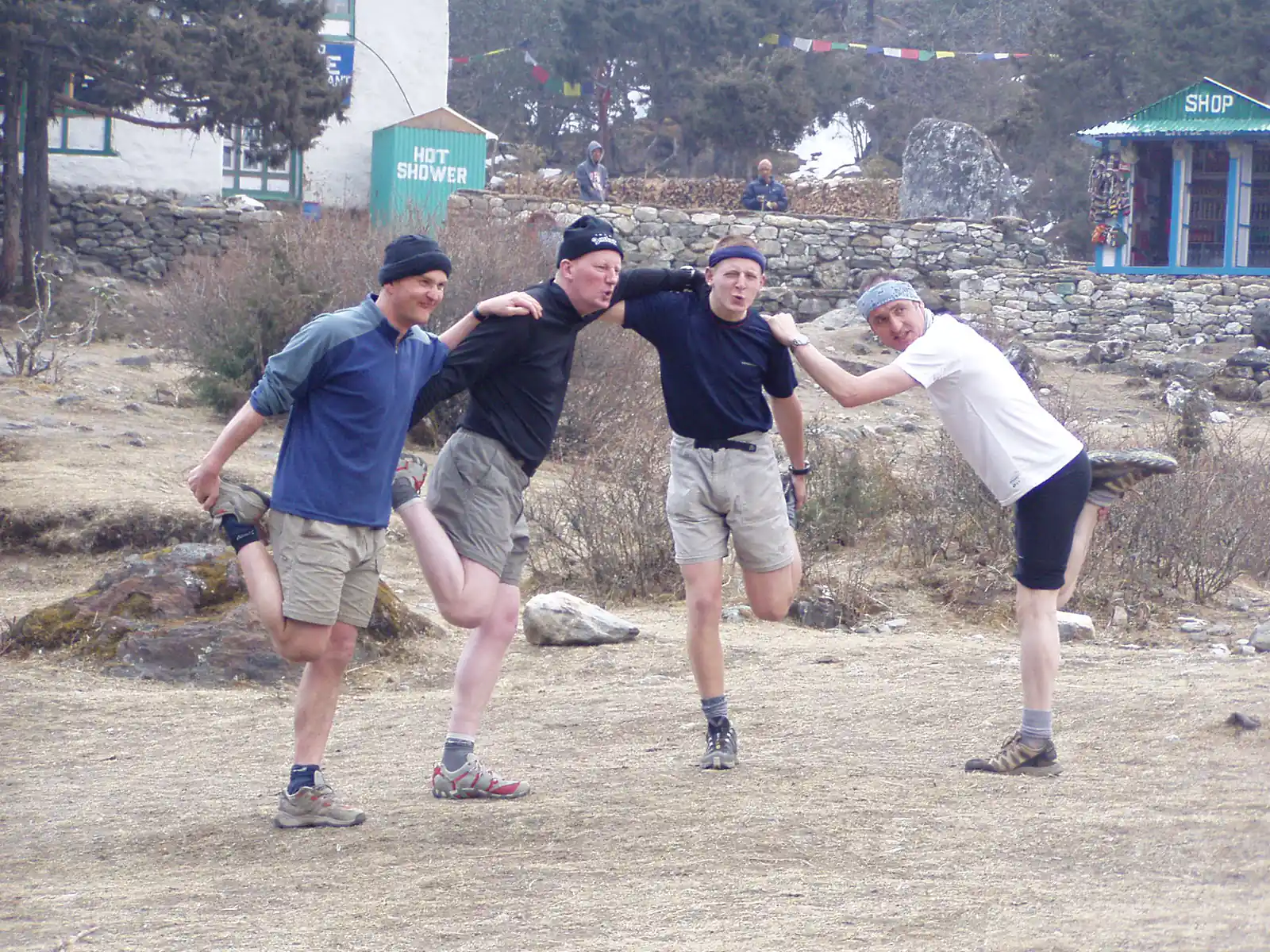
The UK has committed to providing 0.7 percent of the Gross National Income as international aid to contribute to making real progress in the fight against poverty and reaching Millennium Development Goals (MDGs) in the developing and least-developed countries.
Andrew Mitchell MP, Secretary of State for International Development, said during his visit to Nepal in June 2012,’ Nepal is a priority country for British aid. Here, 55 percent of the population lives in poverty, trying to survive on less than 1.25 dollars daily. An incomplete peace process is hindering economic growth. It is a country where one child in 16 still does not survive until their 5th birthday, and a woman dies every 4 hours due to pregnancy and childbirth-related causes.
To make matters worse, Nepal is highly vulnerable to climate change and natural disasters such as earthquakes. For these reasons, the UK will increase its aid to Nepal. Additionally, the UK will continue to support Nepal’s peace process. We believe peace and stability are critical in Nepal, given how seriously the 10-year conflict has slowed its development.’
Regarding business relations, the total trade volume between the two countries is approximately NRS 8 billion. Major Nepali exports to the United Kingdom are woolen carpets, handicrafts, readymade garments, silverware and jewelry, leather goods, Nepali paper, and paper products. In contrast, Nepal’s major imports from the UK include copper scraps, stiff drinks, cosmetics, medicine and medical equipment, textiles, copper wire rod, machinery and parts, aircraft and spare parts, scientific research equipment, office equipment, and stationery.
Besides, some British joint ventures in tourism, the hospitality industry, software packaging, readymade garments, and hydro-power. Some Nepali entrepreneurs are actively involved in the hospitality industry and restaurant business in different cities in the UK.
Hundreds of Nepali students are also enrolled in British universities for higher studies. The UK is considered a destination for Nepali students to pursue higher studies, though there have been many problems with students joining British Universities in recent years.
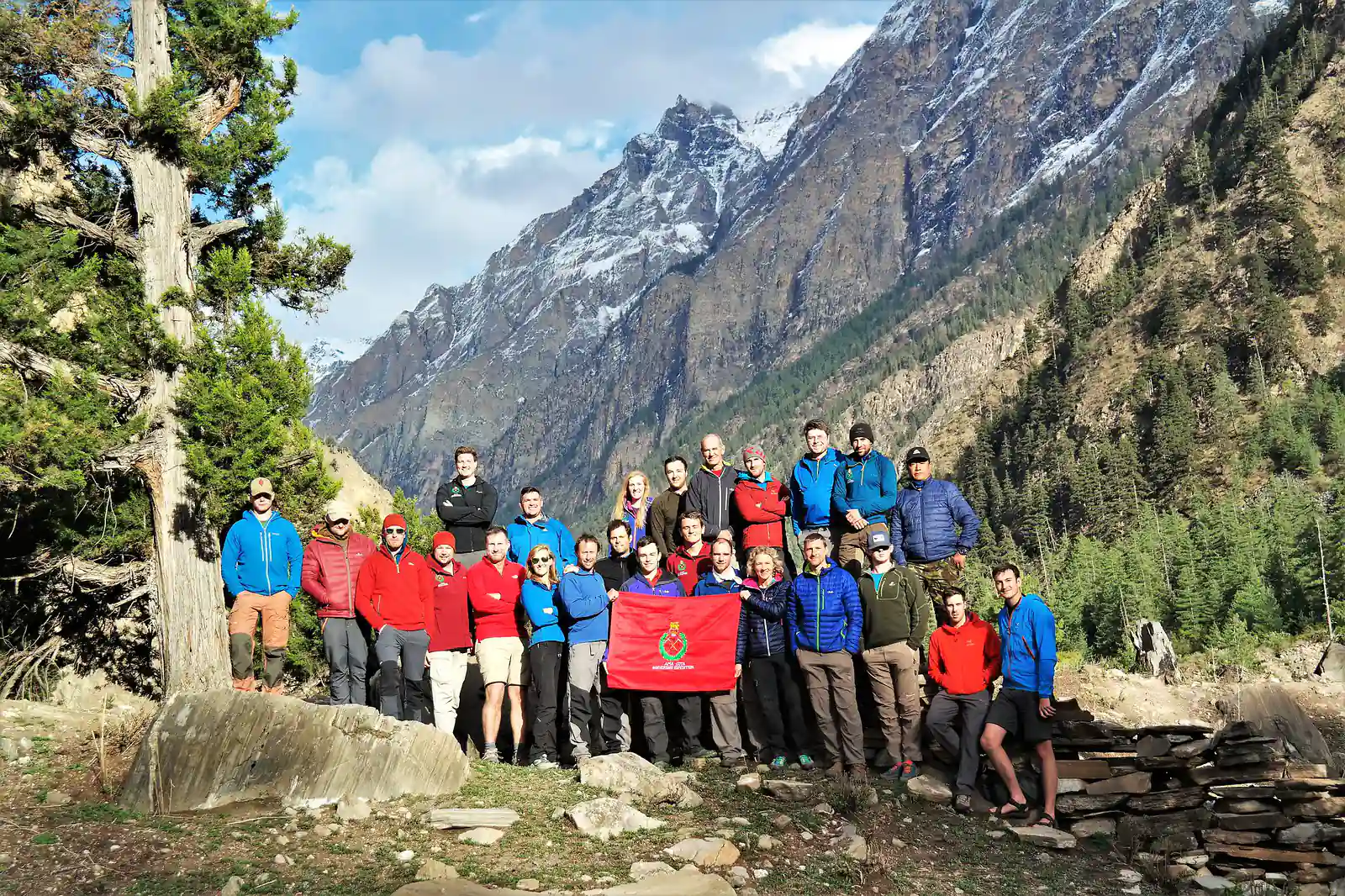
Nepal and the United Kingdom have had a unique relationship for over 200 years. Britain has committed to increasing aid to Nepal, and the development projects are operated through bilateral and multilateral agencies such as the European Union and the United Nations. British Council allows Nepalis to learn English on a basic and advanced level and organizes programs to strengthen cultural and people-to-people relations between the two countries.
Thousands of British tourists visit Nepal yearly for trekking, mountaineering, and holiday purposes. The total number of British tourists was 37,765 in 2000, whereas 34,502 (by air only) in 2011. Nepal is lagging in attracting British tourists to Nepal without planned tourism promotion and the problem of direct air connectivity to the United Kingdom. Many British mountaineers join different expeditions each year to climb the Himalayas of Nepal.
Despite various problems and challenges Nepal has faced in recent years, Nepal is considered a pristine tourist destination in the international market. British tourists visit Nepal to explore and experience the majestic Himalayas, unparalleled natural beauty, rich flora and fauna, and world heritage sites. British tourists visiting Nepal have emphasized developing quality tourism in this Himalayan country and making Nepal – the safest tourist destination in the world.
Nepal has participated in the leading global event for the travel industry –World Travel Market (WTM), held on November 5-8 each year in London for a long time. As WTM is a vibrant business-to-business event presenting a diverse range of destinations and industry sectors to UK and International travel professionals, it is a unique opportunity for Nepal to promote its tourism products in the global travel market. Nepal expects more tourists from its traditional and new markets, including Britain, in the future.
The writer is the editor of Online Paper on Travel and Tourism and former editor-in-chief of Gorkhapatra Daily
